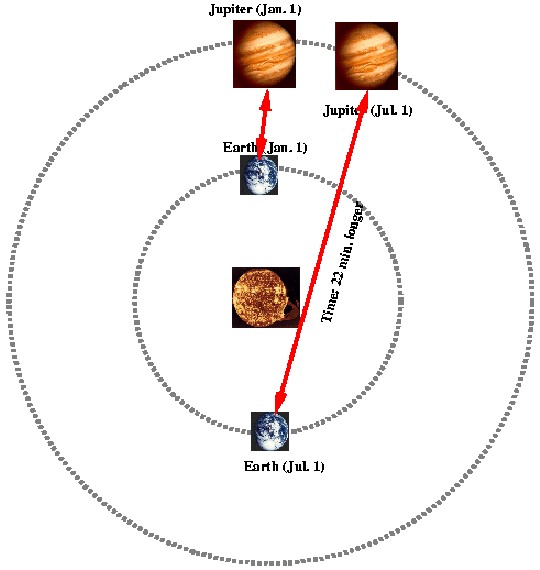
|
Light travels at exactly 299,792,458 meters per second in a vacuum (about 300,000 kilometers per second or just over 1 billion kilometers per hour). As a comparison, sound waves travel at a paltry 343.14 meters per second (about 1,235 kilometers per hour), almost a million times slower than light waves, and the fastest military airplane, the SR-71 Blackbird, can fly at about 980 meters per second (about 3,500 kilometers per hour). At that speed light takes:
|
Back to Top of Page
Introduction | Main Topics | Important Dates and Discoveries | Important Scientists | Cosmological Theories | The Universe By Numbers | Glossary of Terms | A few random facts | Blog | Gravitational Lensing Animation | Angular Momentum Calculator | Big Bang Timeline
NASA Apps - iOS | Android
The articles on this site are © 2009-.
If you quote this material please be courteous and provide a link.
Citations | Sources | Privacy Policy
